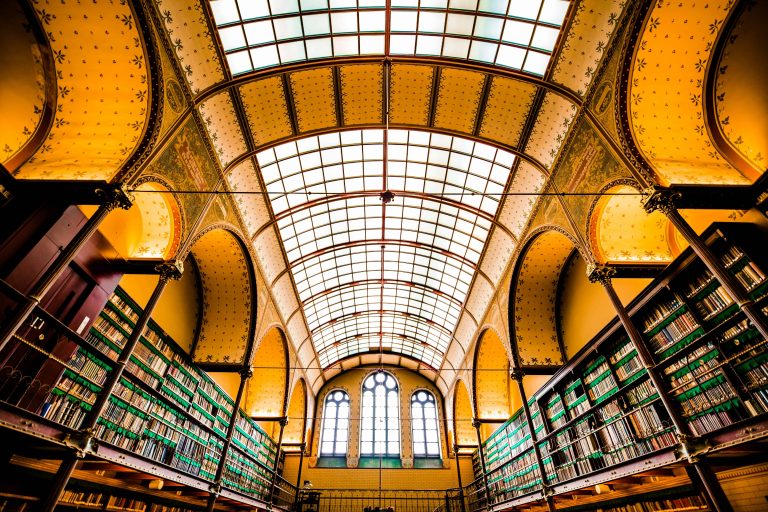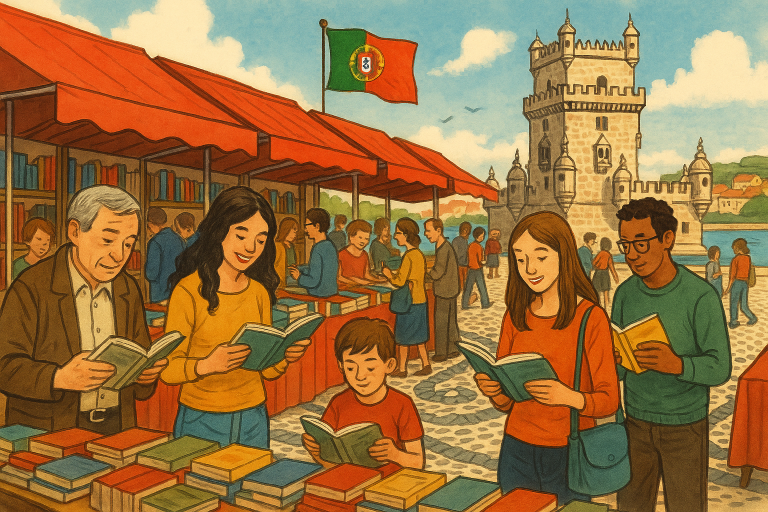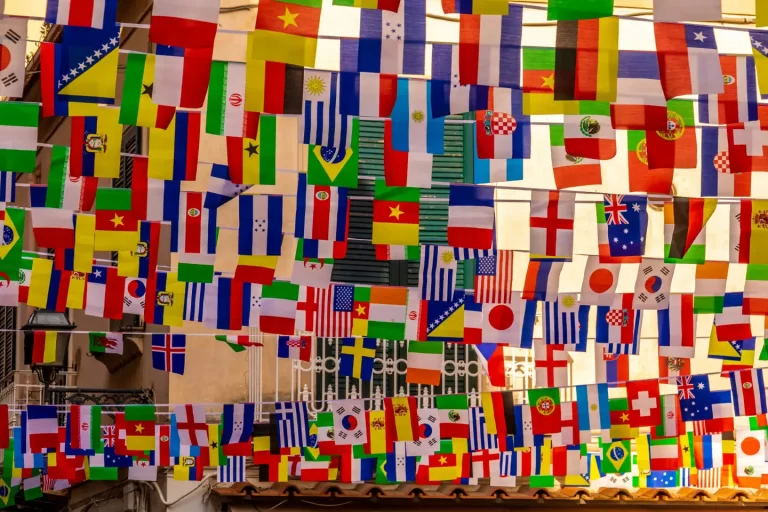Ink and Identity: The Enduring Legacy of Portuguese Literature
Portuguese literature, steeped in a rich tapestry of cultural influences, invites readers on a captivating journey through the annals of time. This literary tradition, forged through centuries of societal evolution and historical upheavals, serves as a testament to Portugal’s intricate tapestry of experiences and identity. From the lyrical verses of epic poets to the poignant narratives of modern novelists, Portuguese literature encapsulates a diverse spectrum of genres, themes, and styles. It serves as both a mirror reflecting the nation’s tumultuous past and a window into its vibrant heritage. Through its pages, one can trace the echoes of conquests, the whispers of exploration, and the reverberations of political upheavals, all woven together into a narrative mosaic that resonates with readers across generations. As a cultural beacon, Portuguese literature not only illuminates the complexities of the human condition but also celebrates the resilience and creativity of the Portuguese people.
The Medieval Period of Portuguese Literature (12th–15th Centuries)
Early Writings (12th-13th Centuries)
The medieval period laid the foundation for Portuguese literature, marked by the emergence of the Galician-Portuguese lyric tradition known as cancioneiros. These compilations of poetry showcased themes of love, nature, and spirituality, often characterized by lyrical intensity and musicality. Examples include the Cancioneiro da Ajuda, Cancioneiro da Vaticana, and Colocci-Brancuti. Prose writing also flourished during this era, with a focus on religious texts, chronicles, and genealogical records. Works such as Livros de Linhagens provided insights into the genealogies of noble families, reflecting the societal structures of the time.
Rise of National Identity (14th-15th Centuries)
The 14th and 15th centuries witnessed the rise of Portuguese national identity, fueled by chivalric romances, epics, and historical chronicles. Influenced by European tales like “Amadis de Gaula,” Portuguese authors adapted these narratives to reflect their cultural ethos and aspirations. Historical chronicles, notably Fernão Lopes’ works, documented Portugal’s monarchs, conquests, and maritime exploits, shaping the nation’s collective memory and historical consciousness.
The Renaissance Period of Portuguese Literature (16th Century)
Shift in Literary Focus
The Renaissance era brought about a significant transformation in Portuguese literature, representing a departure from medieval themes to embrace the ideals of the Renaissance. This shift was marked by a profound embrace of humanism, a renewed interest in classical forms, and a spirit of exploration that infused literary discourse with a sense of intellectual curiosity and adventure. Gone were the days of solely focusing on chivalric tales and religious allegories; instead, writers began to explore the complexities of human nature, the wonders of the natural world, and the possibilities of human achievement. This newfound emphasis on human potential and the pursuit of knowledge paved the way for a flourishing of creativity and innovation in Portuguese literature, as writers eagerly embraced the intellectual currents of their time to produce works that reflected the spirit of the Renaissance.
The National Epic: Os Lusíadas by Luís de Camões
“Os Lusíadas” by Luís de Camões stands as the pinnacle of Renaissance literature, serving as the national epic of Portugal and a testament to the country’s Age of Discovery. In this monumental work, Camões weaves together history, myth, and allegory to immortalize Portugal’s maritime exploits and cultural heritage. Through his masterful use of literary techniques and incorporation of classical influences, Camões transforms “Os Lusíadas” into a timeless symbol of Portuguese identity and resilience. The epic not only recounts the voyages of Portuguese explorers like Vasco da Gama but also delves into themes of heroism, destiny, and national destiny. Its enduring significance lies not only in its portrayal of historical events but also in its exploration of universal truths and the human condition. As a result, “Os Lusíadas” remains a cornerstone of Portuguese literature, inspiring generations with its celebration of exploration, ambition, and the enduring spirit of the nation.
Conclusion
The rich tapestry of Portuguese literature not only reflects the nation’s historical trajectory but also embodies its cultural soul. From the medieval troubadours to the Renaissance humanists, Portuguese writers have ceaselessly explored the depths of human experience, infusing their works with passion, intellect, and creativity. Through poetry, prose, and drama, they have crafted narratives that resonate across generations, inviting readers into a world of imagination and introspection. As Portugal continues to evolve in the modern era, its literature remains a source of inspiration and insight, offering glimpses into the past while illuminating paths for the future. In its pages, we discover not only the beauty of language but also the resilience of the human spirit—a testament to the enduring power of storytelling to transcend time and space. Thus, Portuguese literature stands as a beacon of cultural heritage, inviting us to explore, to reflect, and to celebrate the enduring legacy of a nation steeped in literary tradition.
Take a voyage through the colorful fabric of Portuguese literary history, following its complex development over many centuries, through this Portuguese Literary Heritage guide.










